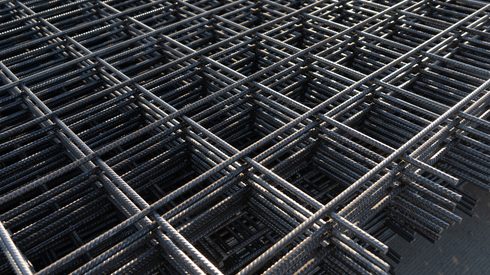From 2026, the reduction in carbon dioxide emissions — related to Baosteel’s production of automotive steel using a hydrogen-based shaft furnace-electric-arc furnace process — will reach 50-80%, compared with traditional steelmaking methods.
Baosteel also intended to supply “green” steel with carbon dioxide emissions cut by 95% in the future.
These objectives were part of a Memorandum of Understanding (MoU) signed by Baosteel and BBAC on Tuesday, in their attempt to jointly create a low-carbon and green automotive steel supply chain, to promote a reduction in carbon emissions across the whole industrial chain as well as the whole life cycle of resulting products.
The cross-sector collaboration marked another crucial step by Baosteel toward its decarbonization targets.
In September, Baosteel launched three ultra-low-carbon auto parts, which were said to reduce related carbon emissions by more than 50%.
The steelmaker is also building a net-zero-carbon automotive steel sheet production line at Zhanjiang in southern China, carbon emissions from which will be about 90% lower than from a blast furnace-based steelmaking process.
After the hydrogen-based shaft furnace comes online by end-2023, with capacity for 1 million tonnes per year of direct-reduced iron (DRI), the production line will be fully put into operation in 2025 and will be able to produce as much as 1.8 million tpy of net-zero-carbon, high-end flat steel.
BBAC was founded in 2005 and is a joint venture with investment from BAIC Motor, Mercedes-Benz Group AG and Daimler Greater China. It integrates R&D, engine and complete vehicle production, sales, and after-sales services, according to its website.
In line with BAIC Group’s “Blue Plan” and Mercedes-Benz’s “Ambition 2039,” BBAC intends to be carbon dioxide-neutral across the supply chain by 2039.
Prior to the cooperation between Baosteel and BBAC, fellow German carmaker BMW Group and HBIS signed an MoU for the creation of a green and low-carbon steel supply chain.
HBIS, based in Hebei, northern China, will supply low-carbon steel for BMW car production in Shenyang from mid-2023.






